Amid a critical geopolitical juncture, with global attention focused on the volatile escalation in the Middle East, Greek-American Democratic Congressman Chris Pappas weighs in on U.S. policy plans for the Eastern Mediterranean and Greece’s role in a potential second Trump term.
The 50-year-old lawmaker from New Hampshire, who has now openly launched his bid for a U.S. Senate seat, tells TA NEA Weekend edition that Greece’s voice—and that of the Greek diaspora—in Washington has never been stronger.
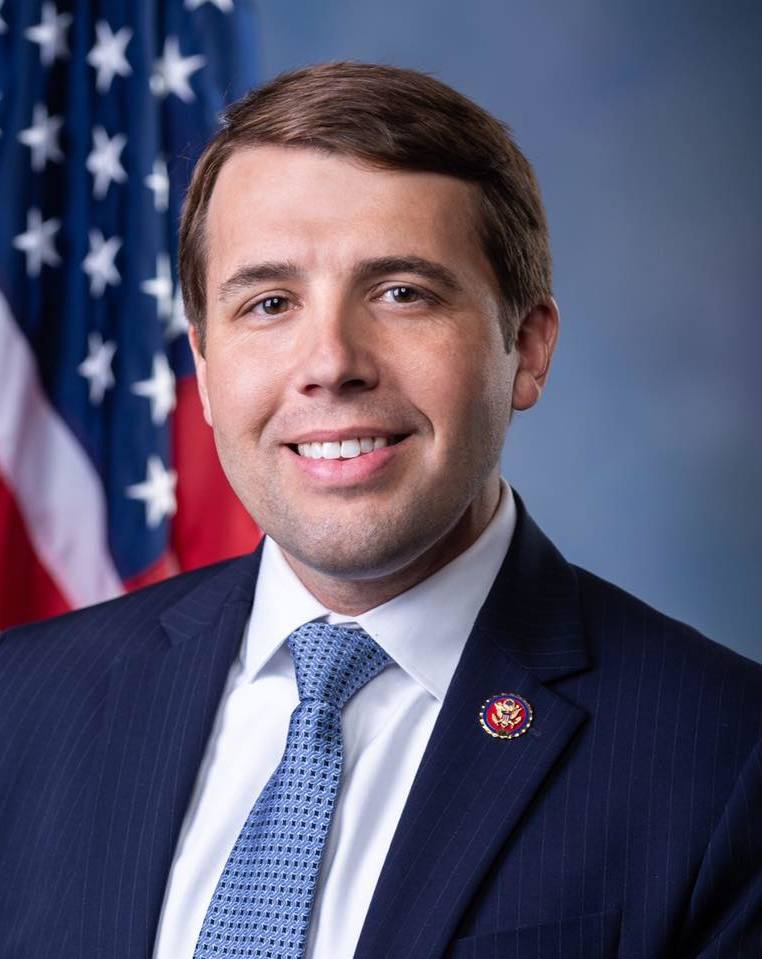
Working closely with Republican colleagues of Greek descent in the U.S. House of Representatives, within the framework of the Hellenic Caucus—which vigorously promotes Greek interests at the decision-making centers of Washington—Pappas has fought a series of battles in Congress to block Turkey from participating in American defense programs. He now affirms that, for the time being, the door remains shut to Ankara when it comes to acquiring F-35 fighter jets.
He also underscores that the U.S.–Greece partnership “will last beyond political transitions” and places particular emphasis on key trade and energy projects such as IMEC and GSI, describing Greece, Cyprus, and Israel as the most reliable U.S. allies in the region.
Within the renewed momentum of the “3+1” scheme (Greece-Cyprus-Israel-USA), Pappas expresses firm support for the trilateral cooperation framework and voices his hope that Senator Marco Rubio will seize the opportunity offered by a recent joint letter from the foreign ministers of Greece, Cyprus, and Israel to reaffirm America’s commitment to the future of the region.
How strong is Greece’s voice in Congress today? Should it be concerned about Turkey’s interest in the F-35 program?
Greece’s voice—and that of the Greek-American community—has never been more powerful in the United States. Over the past decade, the U.S.–Greece relationship has flourished. Our increased cooperation in key sectors, including defense, homeland security, renewable energy, and natural gas, is clear proof of the U.S.’s recognition of Greece as a vital partner in advancing our shared global security interests.
This bipartisan support is evident in Congress, where both chambers have consistently prioritized our relationship and responded firmly to Turkish actions—such as by imposing CAATSA sanctions in response to Ankara’s acquisition of Russian S-400 missile systems. Turkey was also removed from the F-35 program for related and still-unresolved concerns, and I fully expect Congress to oppose its re-entry unless and until those issues are substantively addressed.
What could Greece’s geopolitical role be during a second Donald Trump term?
Greece will continue to serve as a reliable and democratic ally at the crossroads of Europe, the Middle East, and North Africa—just as it did under both the first Trump administration and the Biden administration.
Our shared values and interests—support for democracy, regional stability, sovereignty, and energy diversification—ensure that the U.S.–Greece partnership will outlast any political transition. Whether advancing Eastern Mediterranean security, deepening economic ties, or countering authoritarian influence, the U.S. and Greece have made meaningful progress together. I hope—and believe—that this momentum will continue.
Do you believe a new U.S. administration will support Greece in energy initiatives such as the Greece–Cyprus–Israel electricity interconnection (GSI) or the India–Middle East–Europe Corridor (IMEC)? How do you respond to speculation that Greece may soon be asked to push China out of the port of Piraeus?
While I can’t speak to the internal policy processes of the administration, I strongly support U.S. efforts to strengthen energy cooperation with our allies. This is particularly important when it reduces our dependence on energy supplied by potential adversaries or unreliable actors who seek to weaponize energy to undermine U.S. interests and the security of our partners.
It’s vital to emphasize that projects like IMEC and GSI are not just about Greece—they include Cyprus and Israel, three countries that are among our most crucial and dependable allies in the region, playing a key role in securing both energy and regional stability from the Balkans to the Middle East and North Africa.
As for the port of Piraeus, I’m not privy to the administration’s plans. I support increased U.S. engagement and investment in Greece, but I don’t believe it is our place to dictate how the Greek government should handle its internal affairs.
Is there potential to revitalize the “3+1” cooperation format involving Greece, Cyprus, Israel, and the U.S.? Will Secretary of State Marco Rubio take into account the letter he recently received from the foreign ministers of these three countries?
Since its inception under then-Secretary of State Mike Pompeo, the “3+1” framework has been strengthened, and U.S. engagement in the region has deepened. I’ve consistently supported expanding U.S. involvement in this initiative and hope Senator Rubio will seize the opportunity presented by our allies’ joint letter.
The letter offers a chance for the U.S. to reaffirm its long-term commitment to the Eastern Mediterranean—and to send a clear message to both allies and adversaries that the United States remains invested in the region’s future.
Source: Tovima.com
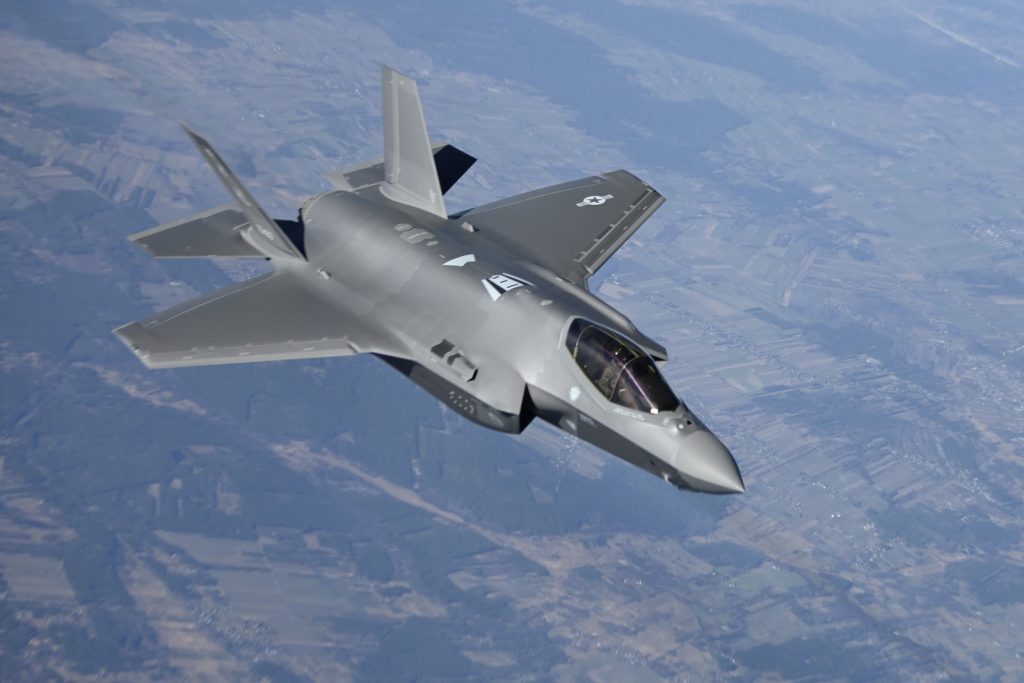
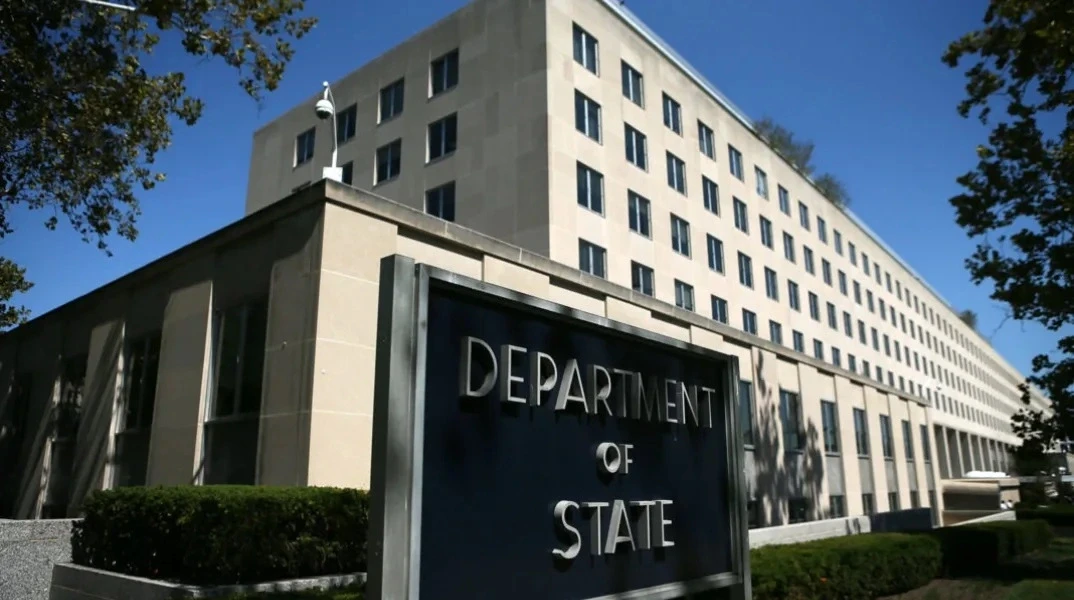
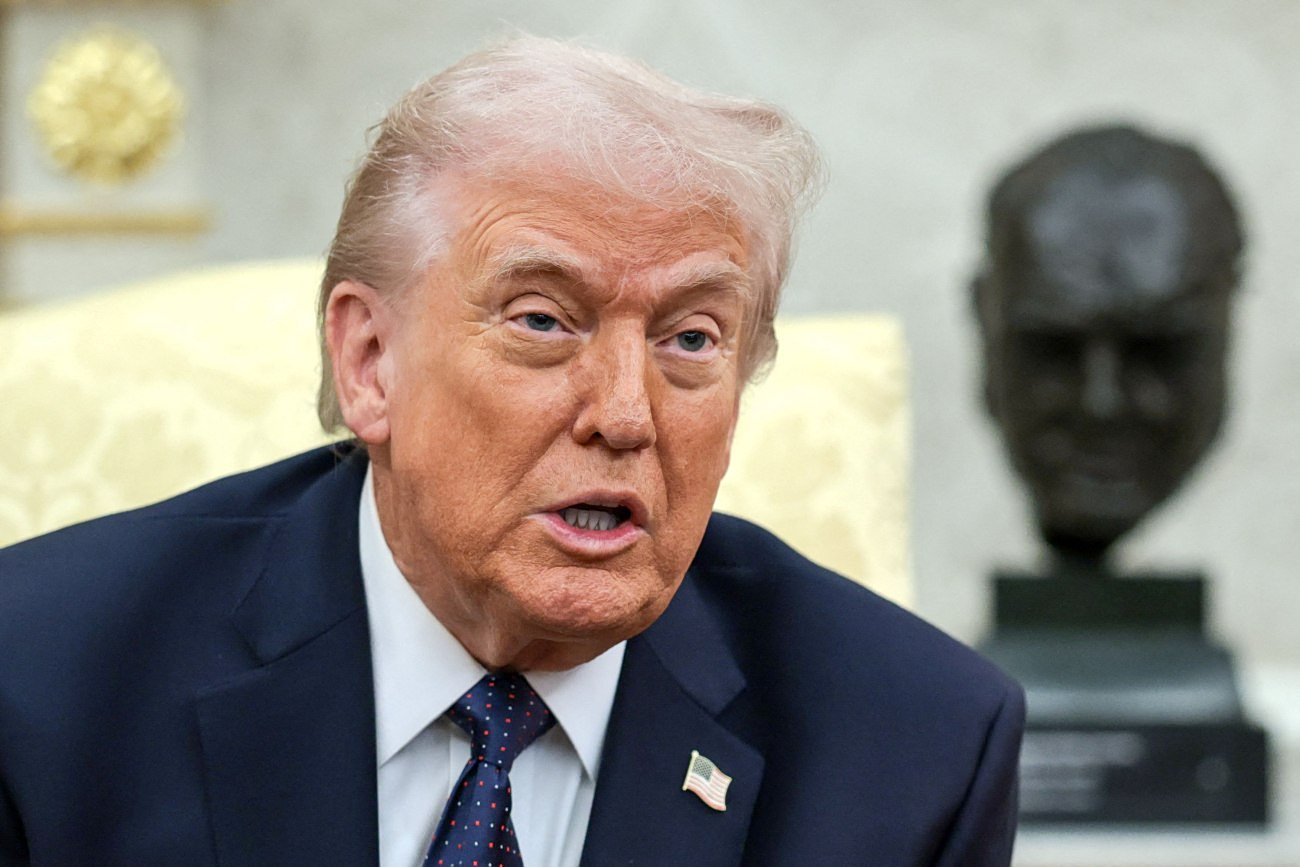
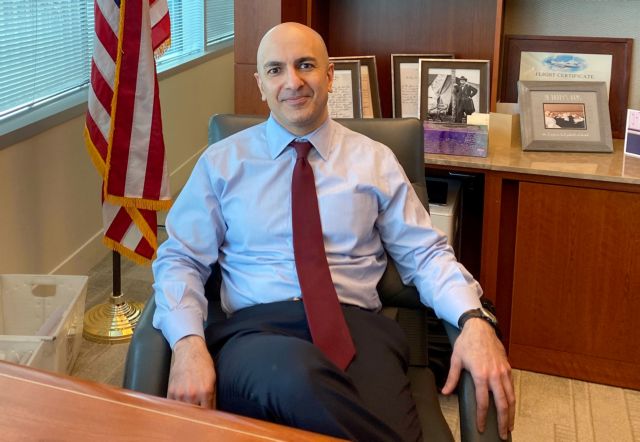
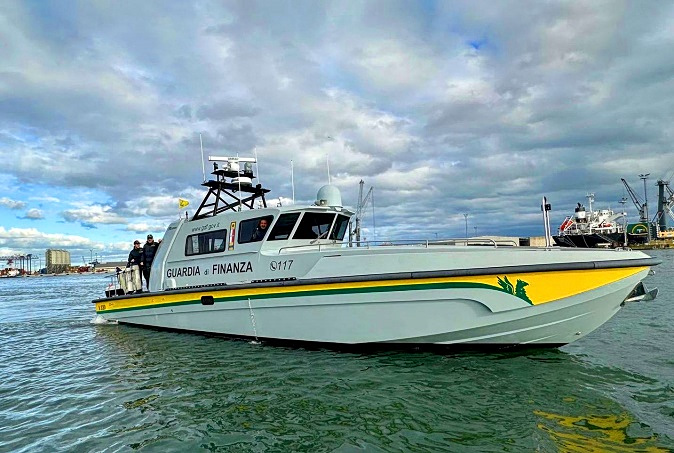

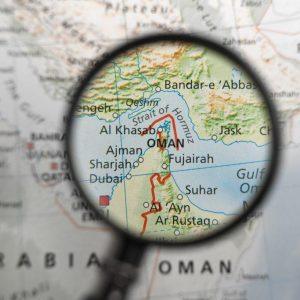




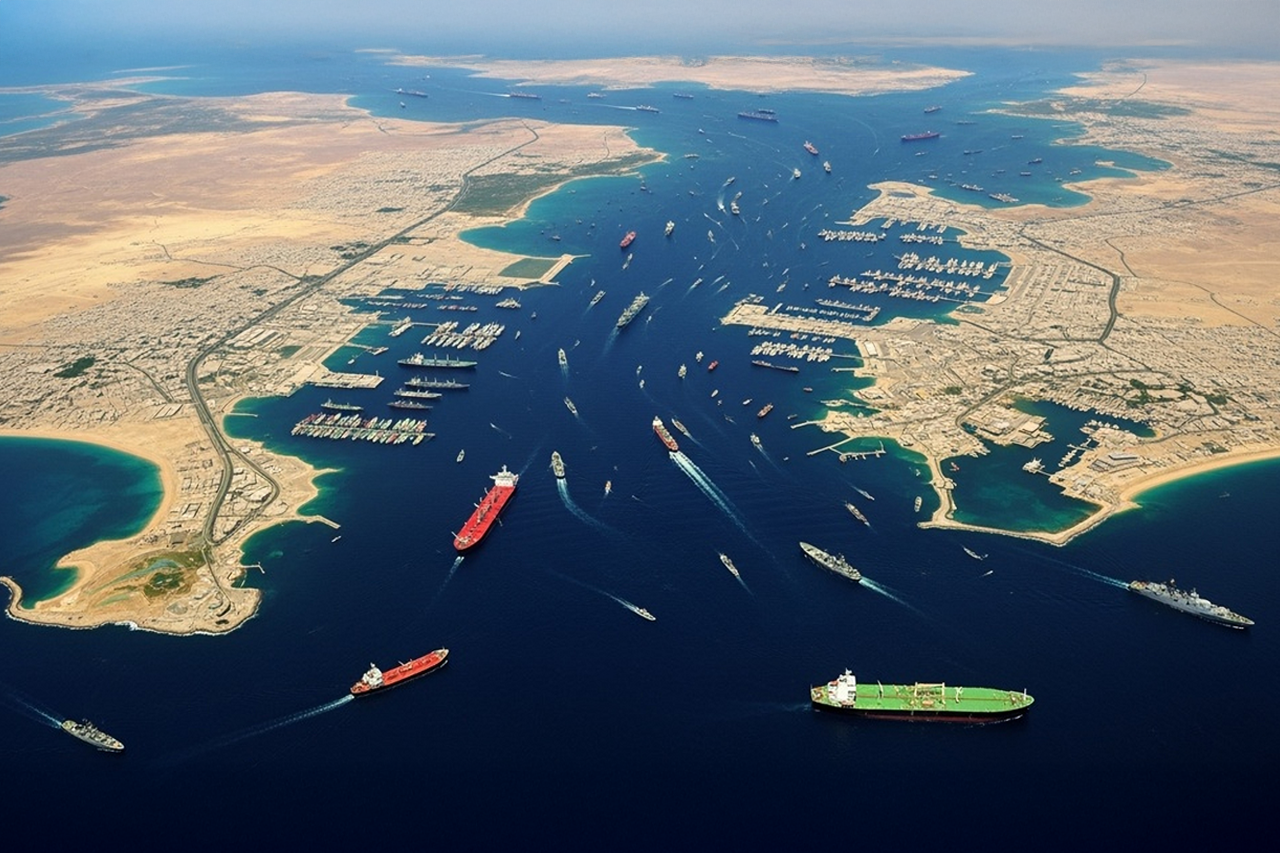
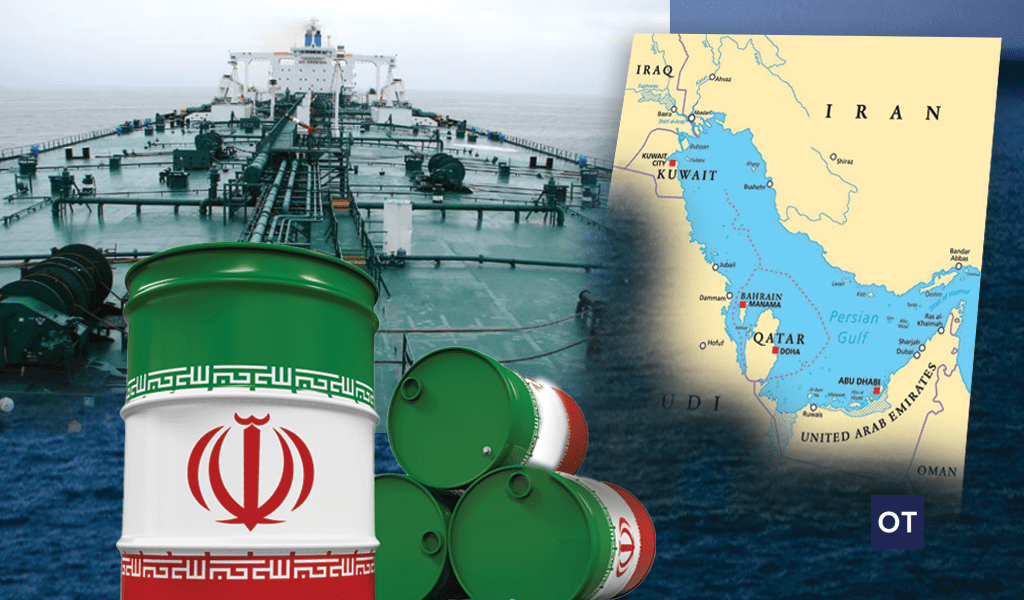



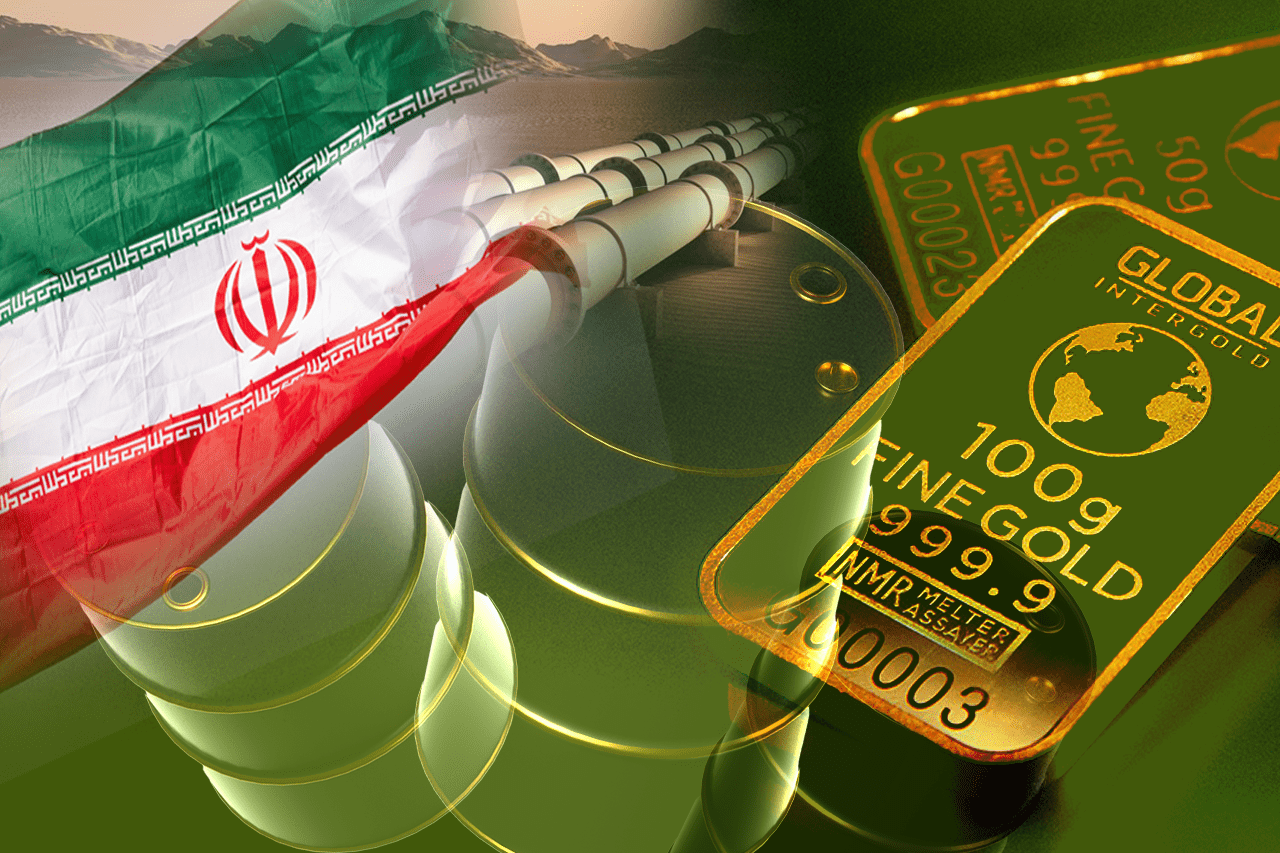
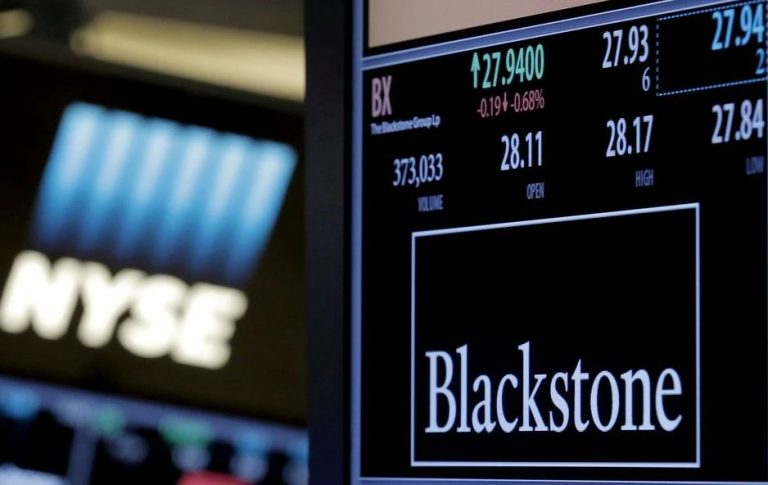
![Οι αλλαγές στα ψηφιακά στοιχεία διακίνησης αποθεμάτων [Μέρος 6ο]](https://www.ot.gr/wp-content/uploads/2026/03/tax-468440_1280-1024x682-1.jpg)

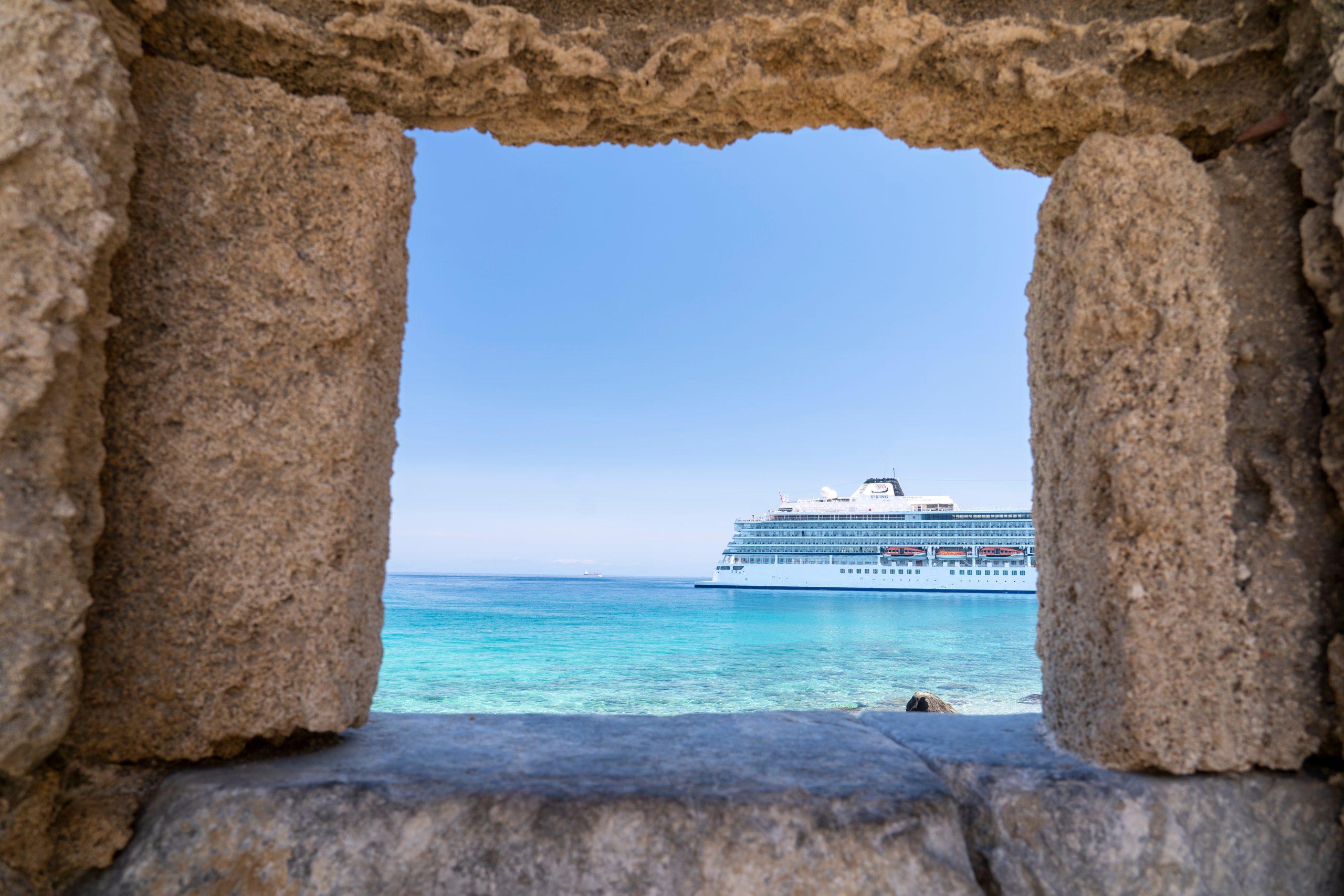
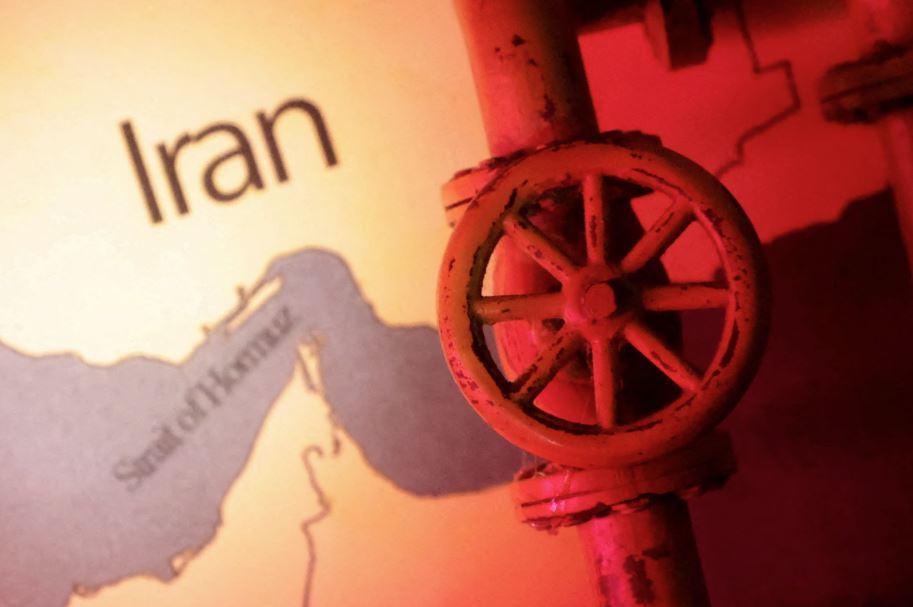

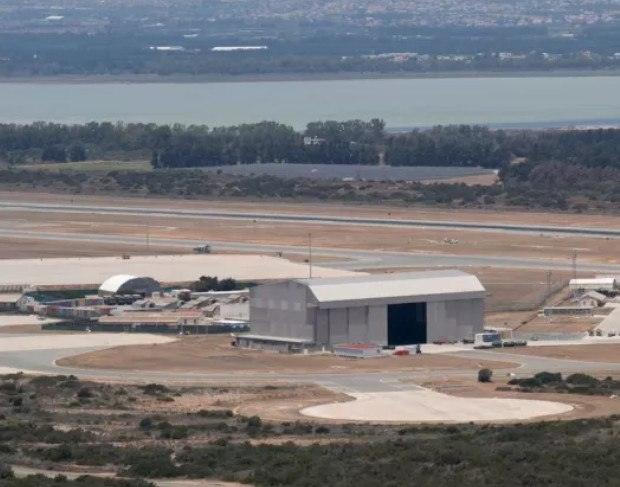



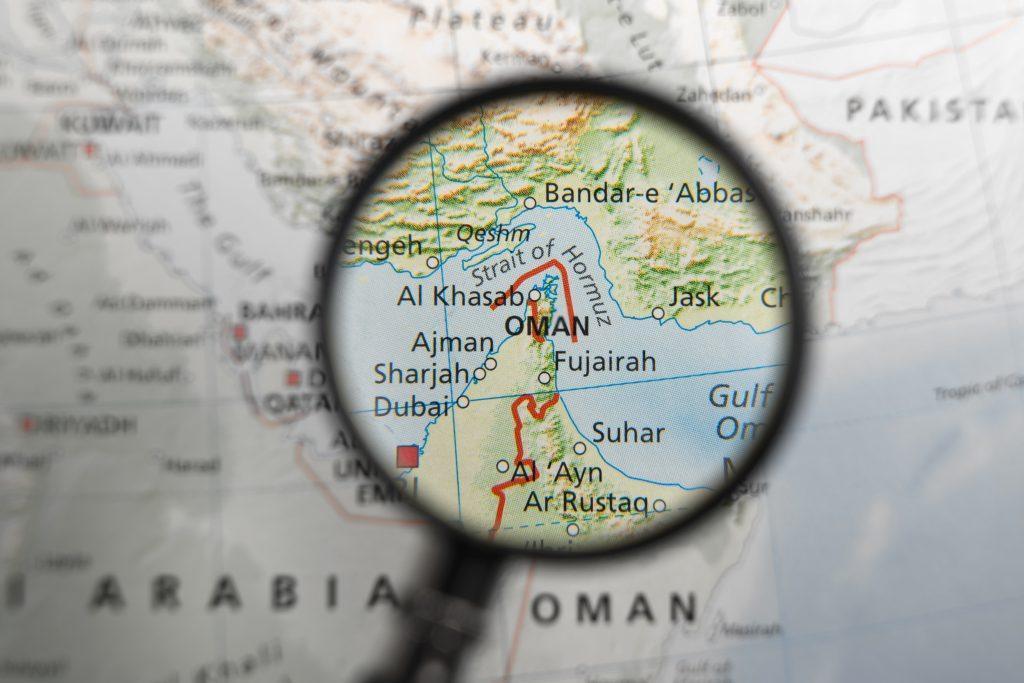



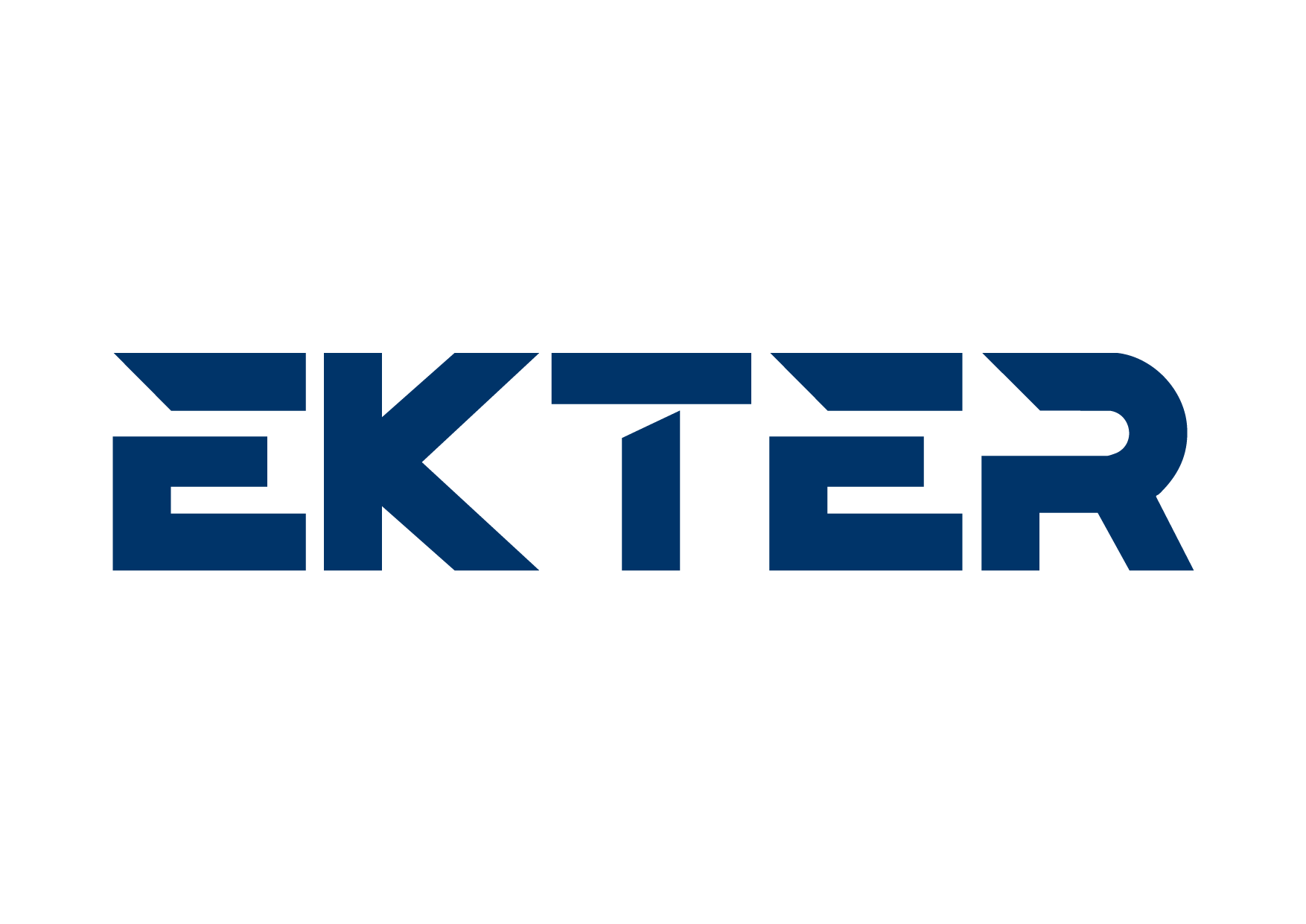


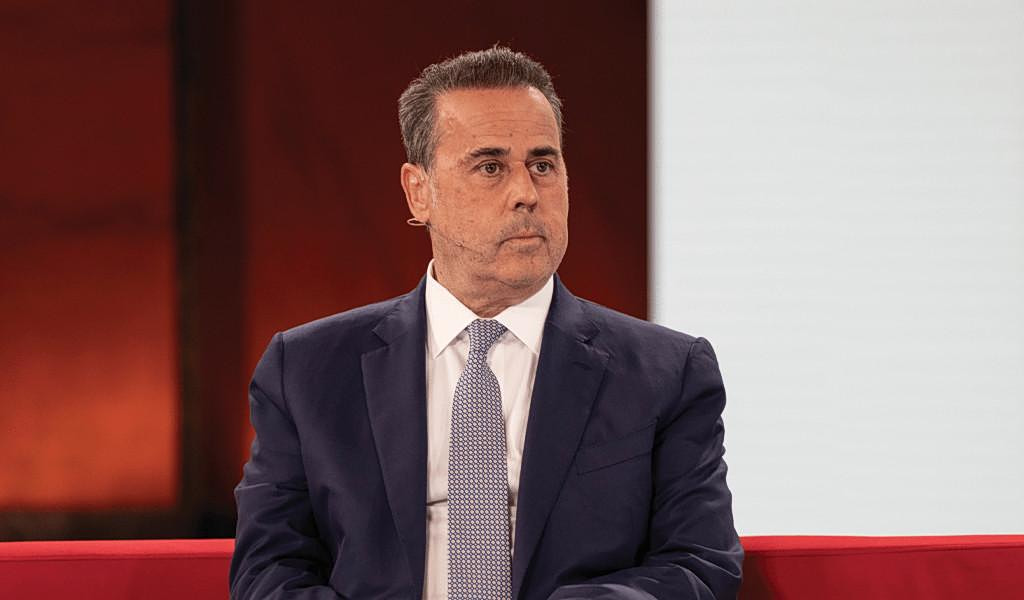

![Βουλή: Τοποθέτηση Μητσοτάκη για Μέση Ανατολή – Παρεμβάσεις πολιτικών αρχηγών [live]](https://www.ot.gr/wp-content/uploads/2026/03/ImgSrc-2-1-1024x683-1.jpg)




